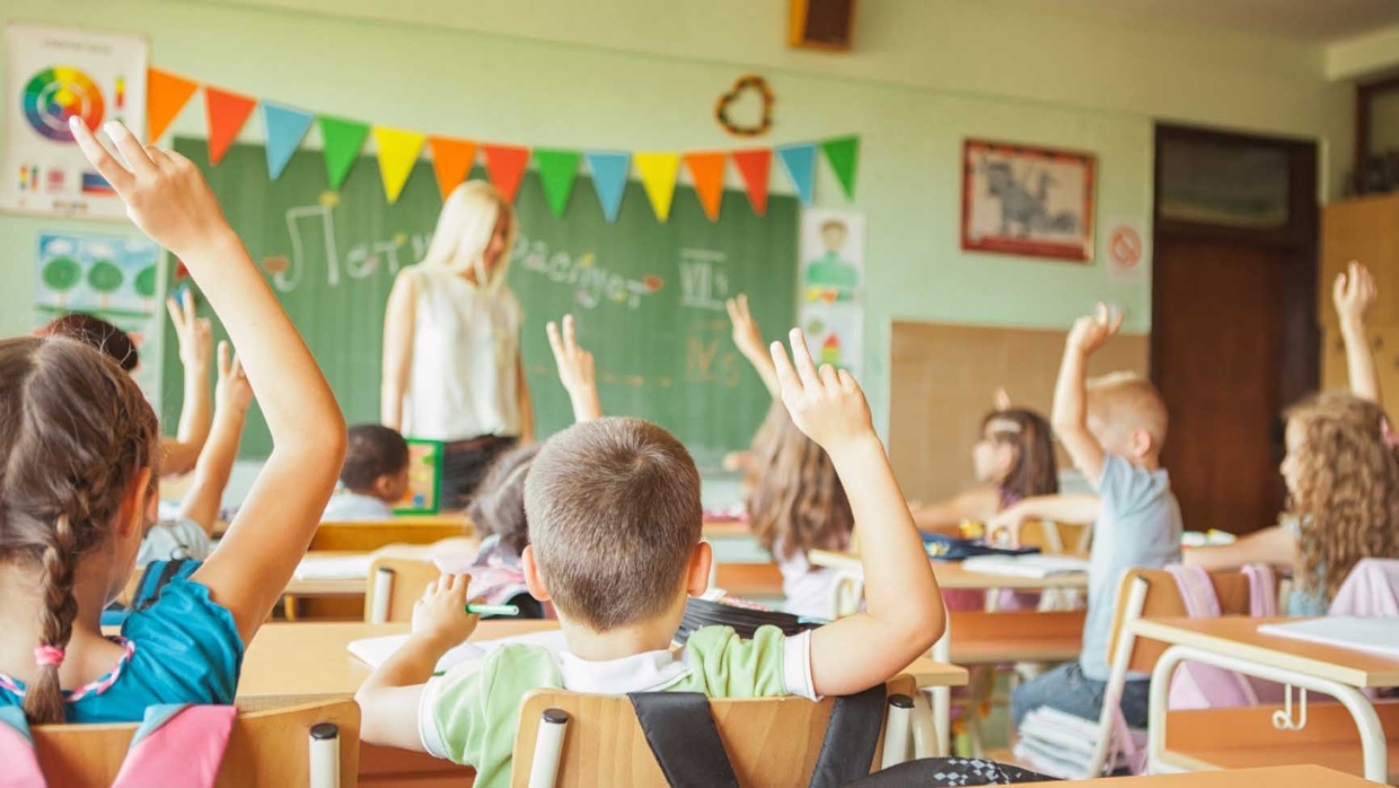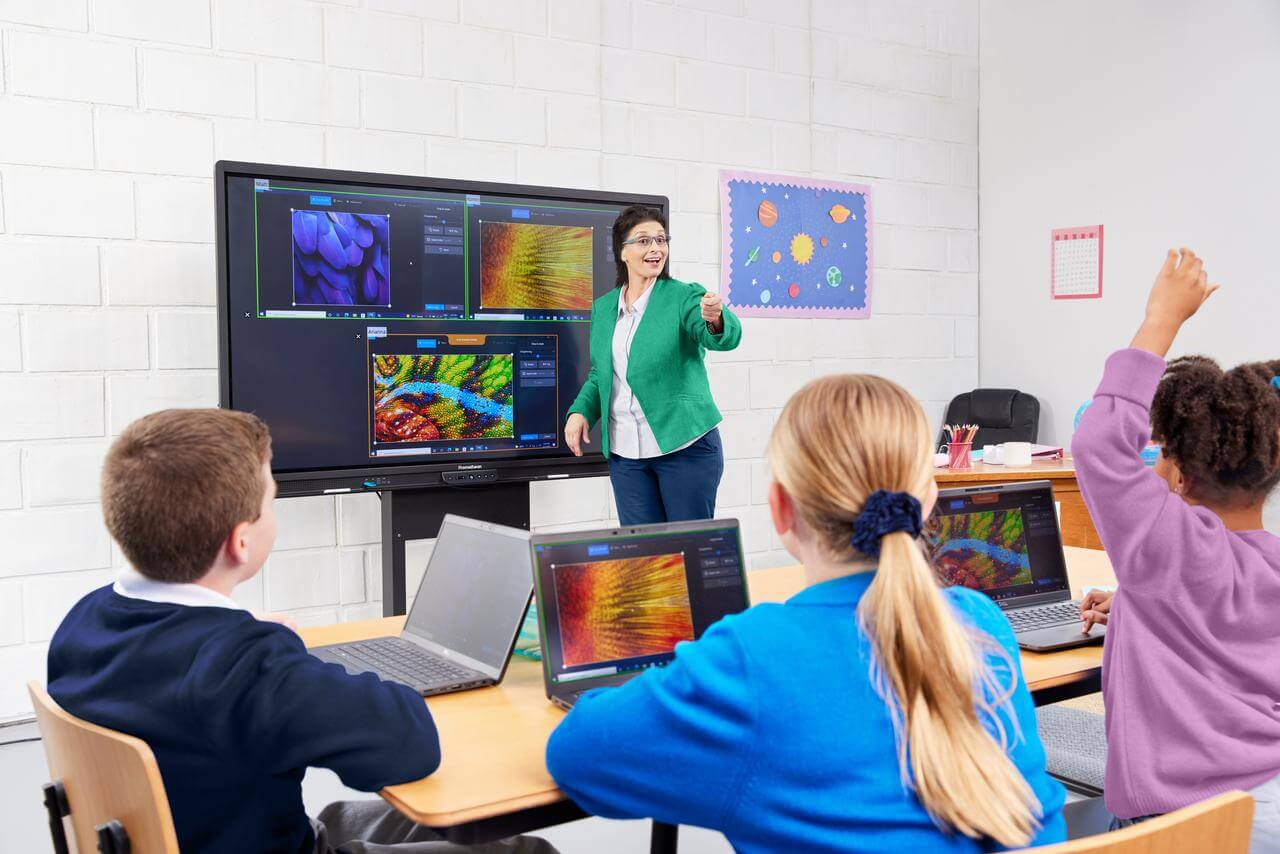Improve Your Child’s Performance with Primary Science Tuition Singapore
Improve Your Child’s Performance with Primary Science Tuition Singapore
Blog Article
Checking Out the Various Training Approaches in Primary Scientific Research Education Today
The landscape of main science education is developing, with various teaching strategies getting prestige in modern classrooms. Inquiry-based discovering, hands-on experiments, and the combination of modern technology are redefining just how teachers involve young minds. Additionally, collaborative techniques and separated instruction are being employed to deal with the diverse requirements of pupils, boosting both interaction and understanding. As we analyze these methodologies, concerns arise concerning their efficiency and the implications for future educational techniques. What might these shifts in method mean for the future generation of learners?
Inquiry-Based Knowing
Inquiry-Based Knowing (IBL) is a pedagogical approach that motivates pupils to explore clinical ideas with wondering about, investigation, and hands-on experimentation. This approach emphasizes the function of pupils as active participants in their understanding, promoting essential reasoning and problem-solving skills. By involving with real-world concerns, students end up being curious and motivated, which boosts their understanding of clinical principles.
In IBL, teachers act as facilitators, guiding students as they navigate their inquiries instead of delivering details directly. This student-centered approach permits differentiation, suiting various learning rates and styles. Students establish abilities in creating theories, designing experiments, and assessing data, which are critical for scientific literacy.
Additionally, IBL cultivates partnership among trainees, urging them to share findings and concepts. This cumulative inquiry advertises social skills and a sense of community within the class. The procedure of inquiry encourages strength, as students discover to embrace failure as a stepping rock toward understanding.
Hands-On Experiments
Hands-on experiments are an important part of reliable scientific research education and learning, enhancing the concepts of inquiry-based knowing. These experiments permit trainees to engage directly with scientific ideas, cultivating a much deeper understanding via experiential learning. By manipulating products and observing results, young learners can realize abstract concepts in tangible means.
Such activities promote important reasoning and analytic abilities, as pupils assume outcomes, conduct experiments, and evaluate results. This process urges them to ask questions, fine-tune their understanding, and create a scientific attitude. Hands-on experiments can be tailored to varied understanding designs, making certain that all pupils have the opportunity to involve meaningfully with the web content.
Furthermore, hands-on experiments frequently encourage cooperation among peers, advertising team effort and interaction skills. Operating in groups makes it possible for pupils to share concepts, discuss findings, and find out from each other, which enhances their general instructional experience.
Including hands-on experiments right into the main science curriculum not just improves the discovering setting yet also grows a lifelong rate of interest in scientific research. By proactively taking part in their education, pupils are more probable to develop an interest for clinical inquiry that extends past the classroom.

Modern Technology Assimilation
Integrating innovation into main science education and learning has come to be significantly vital in fostering student engagement and boosting finding out end results. Using electronic tools, such as interactive simulations, digital laboratories, and instructional software program, offers students with chances to explore scientific concepts in ingenious ways. These resources assist in a deeper understanding of complicated subjects by allowing learners to envision and control variables that would be unwise in a conventional classroom setup.
Furthermore, innovation integration urges customized learning experiences. Trainees can proceed at their very own pace, taking another look at challenging ideas through multimedia resources, which provide to different knowing styles. This versatility not just sustains specific growth however also grows a feeling of freedom in learners.
In addition, technology functions as a bridge to real-world scientific research, attaching students with existing research and specialist contributions. Access to scientific journals and online data sources expands trainees' viewpoints on scientific inquiry and promotes critical thinking skills.
Collaborative Understanding
Joint learning plays an important role in key science education and learning by promoting teamwork and communication skills among students. This approach urges Read Full Report students to collaborate, share expertise, and take part in analytical, which enhances their understanding of clinical concepts. By joining group tasks, trainees learn to verbalize their concepts, pay attention to varied point of views, and discuss remedies, all of which are important skills in both scholastic and real-world contexts.

Study suggests that collaborative knowing can cause increased motivation and interaction in scientific research subjects, as trainees find pleasure in common experiences (primary science tuition Singapore). Additionally, this method prepares trainees for future joint undertakings, equipping them with the skills needed for effective team effort in greater education and specialist atmospheres. Eventually, welcoming collaborative understanding in main science education and learning can considerably improve the understanding experience and promote a much deeper understanding of clinical inquiry
Differentiated Direction

Differentiated guideline can materialize in numerous ways, such as differing the web content, processes, or products of knowing. Educators might use tiered assignments that provide varying degrees of intricacy, permitting pupils to work at their respective readiness levels. In addition, versatile grouping strategies can assist in partnership amongst pupils with different capacities, promoting peer discovering.
Analysis plays an important function in this strategy, as it educates direction and helps teachers recognize each student's one-of-a-kind requirements. Developmental assessments, such as monitorings and quizzes, can direct educators in adjusting their techniques to boost finding out end results. primary science tuition Singapore. Inevitably, by applying differentiated instruction in main science education, instructors can cultivate an extra reliable and equitable understanding environment, empowering all pupils to reach their full possibility in understanding scientific sensations
Conclusion
In summary, the varied training techniques in primary science education, consisting of inquiry-based discovering, hands-on experiments, modern technology assimilation, joint understanding, and separated instruction, jointly add to a much more reliable discovering setting. These approaches promote critical thinking, analytical skills, and a deeper understanding of scientific ideas. By carrying out these methods, teachers can create engaging and encouraging classrooms that deal with the different requirements of trainees, inevitably promoting a long-lasting rate of interest in science and boosting academic success.
Inquiry-Based Knowing (IBL) is an instructional technique that urges students to explore scientific ideas with questioning, investigation, and hands-on experimentation.Collaborative learning plays an important duty in primary scientific research education by fostering teamwork and communication abilities among students.Research shows that collaborative discovering can lead to raised inspiration and involvement in science topics, as trainees locate satisfaction in shared experiences.In cultivating a comprehensive learning setting, distinguished guideline arises as a key strategy to fit the diverse demands and capabilities of students in primary scientific research education. Ultimately, by applying differentiated instruction in main scientific research education and learning, educators can grow a more effective and fair understanding environment, empowering all pupils to reach their complete capacity in recognizing clinical phenomena.
Report this page